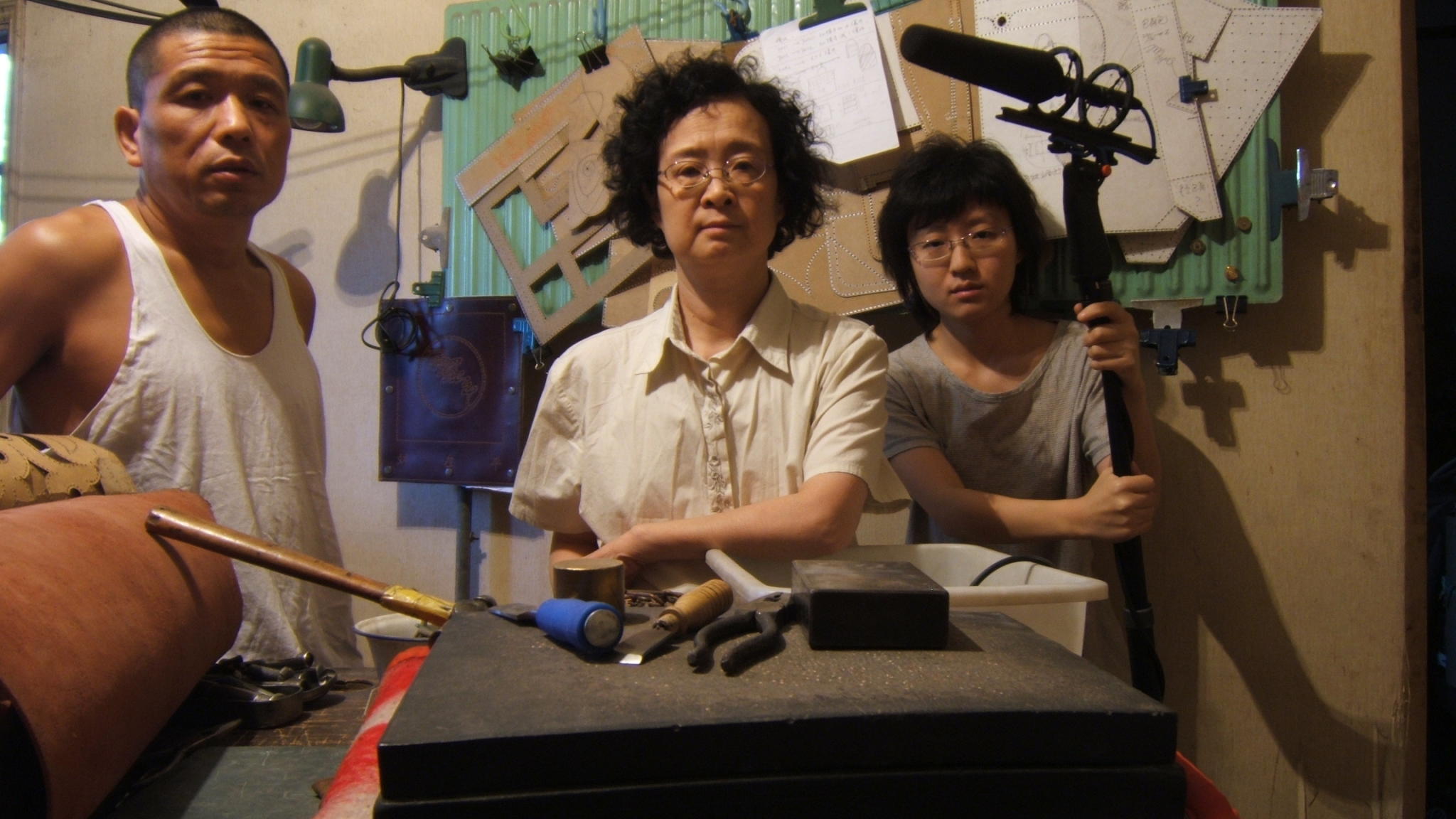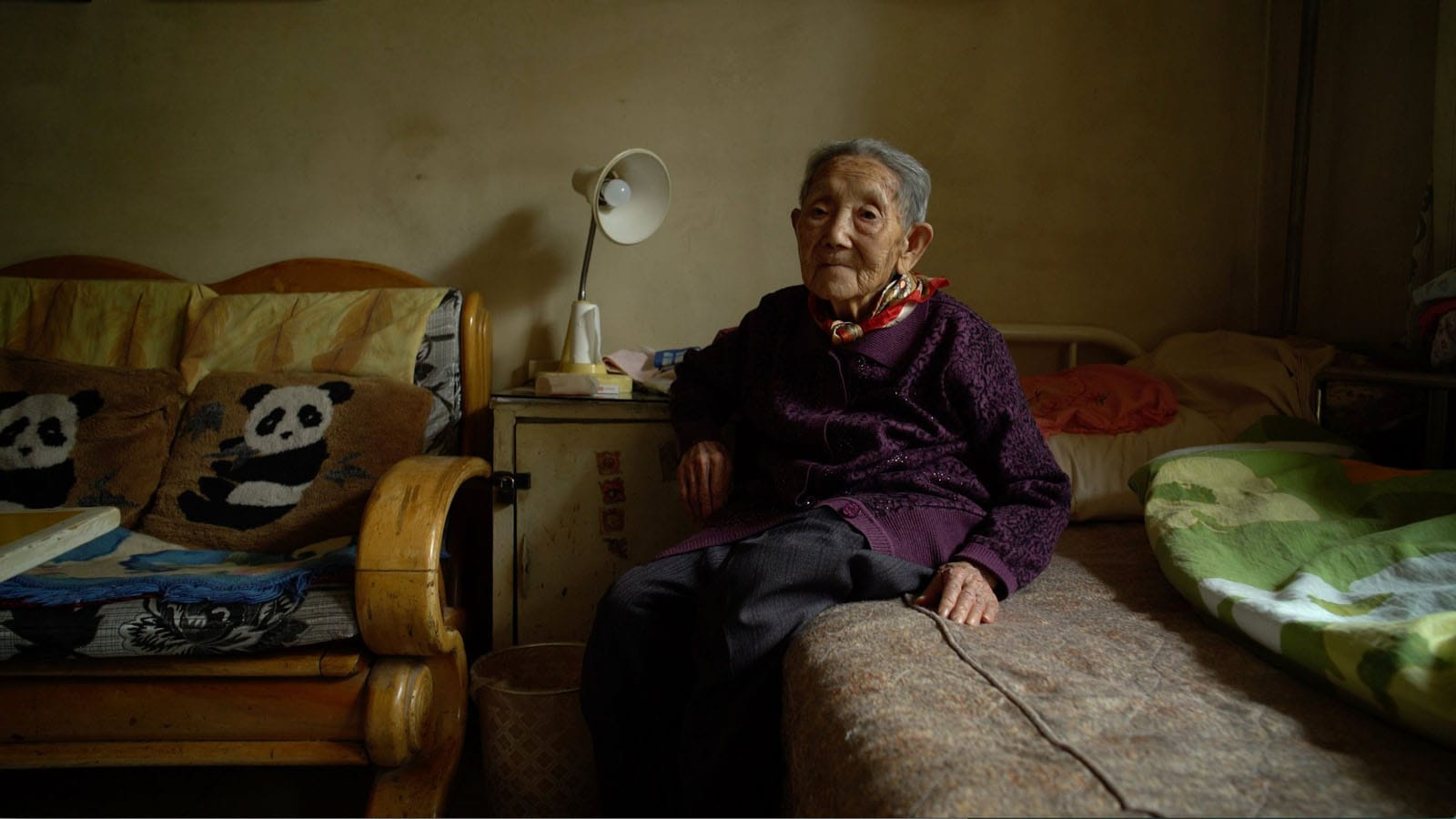Madeline Anderson in Conversation with Orlando Bagwell at BAMPFA
Madeline Anderson discusses working with Shirley Clarke on The Cool World (1963).
Filmmaker, Mother, Activist: Madeline Anderson, in Her Own Words
I first learned about Madeline Anderson (b. 1927), primarily through her work on the public affairs news program Black Journal, when I was a graduate student conducting research on African-American cultural production. As I recall, her name was a footnote in an essay; there was not much information beyond a credit line. At the time, I was seeking to identify pioneering female filmmakers since the field of study is often so male-dominated. I was determined to find out if there were women working behind the camera as well. As my research expanded, I learned about Zora Neale Hurston’s anthropol
OXHIDE’s Narrative of Refraction and the Dreamy Daze of “Winter Vacation”
Jiayin Liu’s Oxhide (2005) is composed of 23 static shots, inside of a small, claustrophobic apartment in Beijing, China. Within each shot are only pieces of the apartment, along with only pieces of Liu, her mother and her father. She commits to a narrative refraction of an only child in a family of bag makers with a non-fictional rigor that eschews any kind of objective context for a Western spectator. Distinctions between the film’s events and Liu’s real life cannot be accounted for. Her presentation operates with biblical fervor, awash in every frame, are individual moments that are p
Mothers and Daughters and the Chaos of Relationships: A Review of “Girls Always Happy”
Mothers and daughters have incredibly complicated relationships but few have been so thoroughly dissected with a gaze simultaneously affectionate and unforgiving. The raw and beautiful nature of this fundamental relationship evolves and twists in Yang Mingming’s character-driven debut feature. Originally premiering in the prestigious Berlin Panorama in 2018, the ironically titled “Girls Always Happy” is directed, written and edited by Yang, who also stars.
Defeating the Notion of a Coherent Path to Mastery: Wang Bing’s “Dead Souls”
The immersive, unforgiving documentaries of Wang Bing are often described in terms that would have their director as the Olympic marathoner of the contemporary cinema pantheon. Not only do his films appear monumental by virtue of their long running times, but Wang, even when his voice and image are effaced from his films, is no less present, evidently matching as best he can the intense physical demands of his subject’s environments, whether this be the toxic fumes of a smelting plant (the “Rust” section of West of the Tracks) or the everywhere-by-foot vertiginous slopes in Yunnan provin




